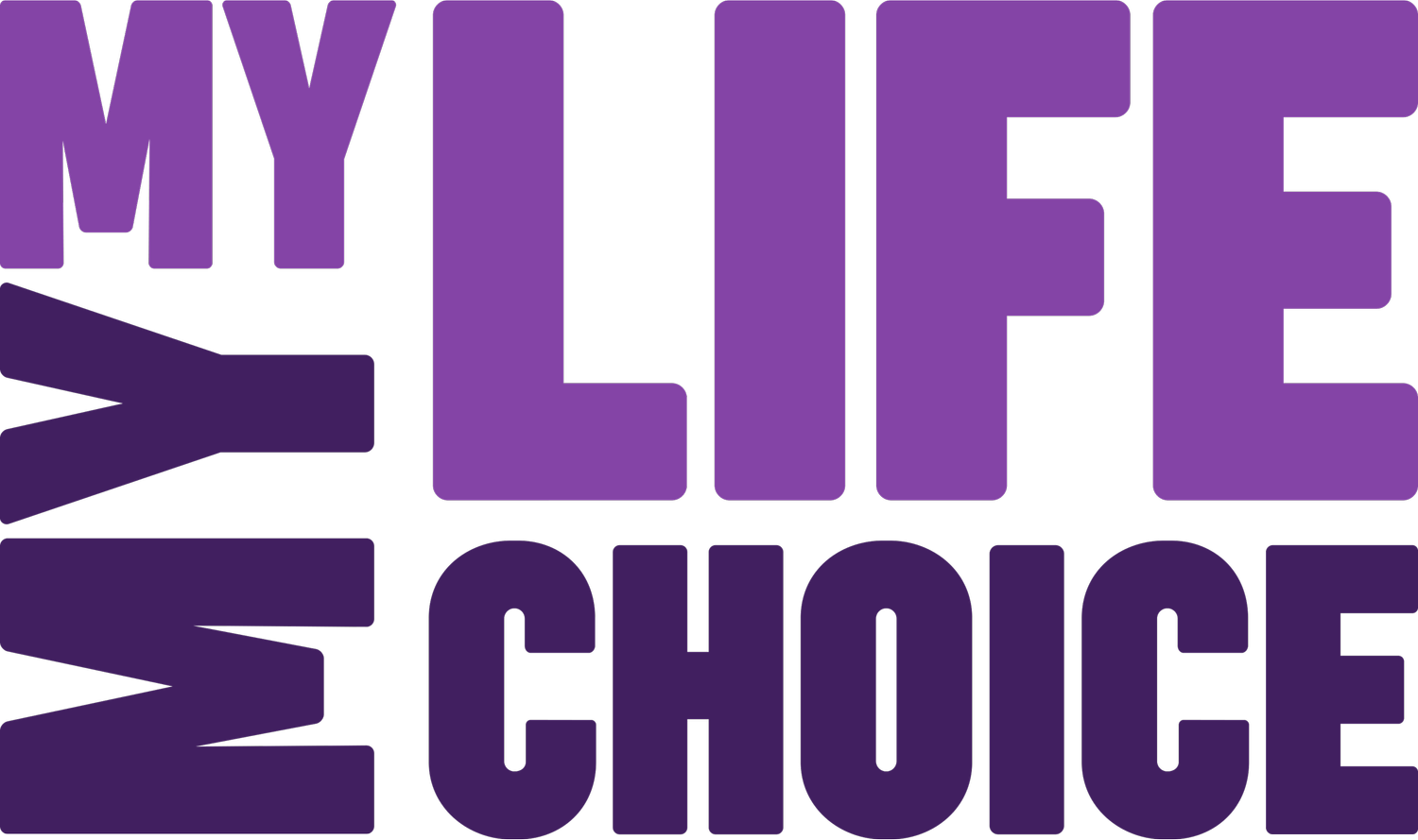Seeds of Hope
By Akida Cooper, Senior Survivor Mentor and Groupwork Specialist
When I was a young person facing exploitation, there was a seed I planted that in later years of my life would come to fruition. The seed was my experience of being sexually abused, in a domestically violent relationship and a young mother to the children of my abuser. I would think about how I could use the fruit from that seed to guide youth that were going through the very things I was.
That seed came to fruition when I became a Survivor Mentor with My Life My Choice. By being a role model for these past three years and operating from a place of, “This is my story, this is what I’ve gone through, and this is how I’ve survived,” I’ve been able to be exactly what I needed when I was young and lost. Back then, I needed someone to help me raise my voice, and reassure me that I did deserve happiness and safety. Now as a Survivor Mentor that’s what I get to do every day.
Before I became a Survivor Mentor, I faced much doubt head-on. I’ve always had faith in myself, even when the people who loved me judged and discouraged me. I knew that I was powerful and had the skills and wisdom to make an impact. I’ve grown as a Survivor, and reaffirmed what “surviving” means: I will always be okay. I have the skills to navigate through life, even when others let me down, I won’t give up on myself, and I will stand in my hope and determination to change my own reality.
This is what I help my mentees learn for themselves. At My Life My Choice, we create spaces where every young person knows that they are safe, they are seen, and they are believed. I do this for the youth I mentor, and look forward to doing this for the mentees I work with in our groups. And My Life My Choice does that for me. Over and over, they have shown that they believe in me, and that I have a place here in a legacy of change-makers at the organization who have made a difference. I don’t need the validation, but it’s powerful to have my expertise recognized.
We’re at the end of Human Trafficking Awareness Month, so the reminders about what people can do to help will be coming less frequently. But we need our allies to keep listening to survivors. When writing this blog, I was asked “Why is it important to listen to survivors?” But I think the question is “Why WOULDN’T you listen to survivors?” It takes everything for a survivor to be brave enough to be vulnerable and share their experience with you. Too often, survivors are disbelieved and discredited when they come forward. Even when our stories aren’t outright denied, there are people who want to speak over us and act as an authority over something they have never experienced.
One young person that I’ve been mentoring for three years has been facing these very same doubts. Because of consistent disbelief and abuse from adults, she has been placed in five different foster homes. The adults in her life who are meant to keep her safe and support her have broken her trust. Caretakers and other providers have outright told her that they don’t believe her story. I asked her why it’s important that people listen to survivors, and she said:
“Because we’re skilled people, because of the things we’ve gone through. Who better can fight exploitation?”
My mentee is absolutely right: survivors have the knowledge, wisdom, and skills to bring down this abuse. But we can’t do it alone. We need allies to listen to us, and take your cues from us. Then anyone can share the message with their friends, neighbors, family; anyone in your community. This too plants a seed, and from there the message will grow and spread, and you will have made an impact. If you aren’t sure what to say, here is a blog that lists actions you can take to end exploitation, which you can share with those around you. That small action can help us win this fight.
